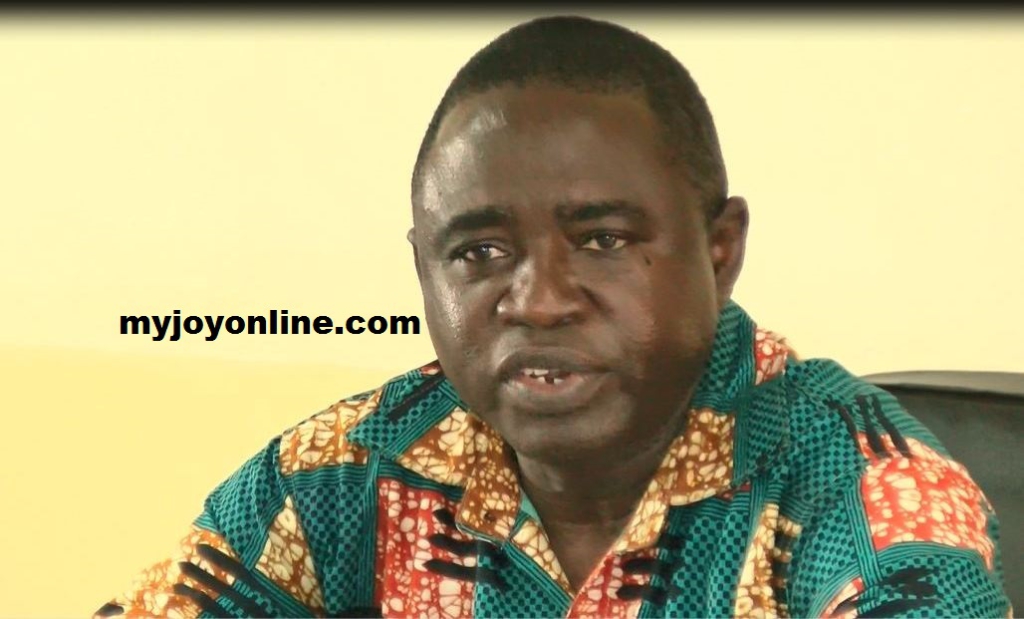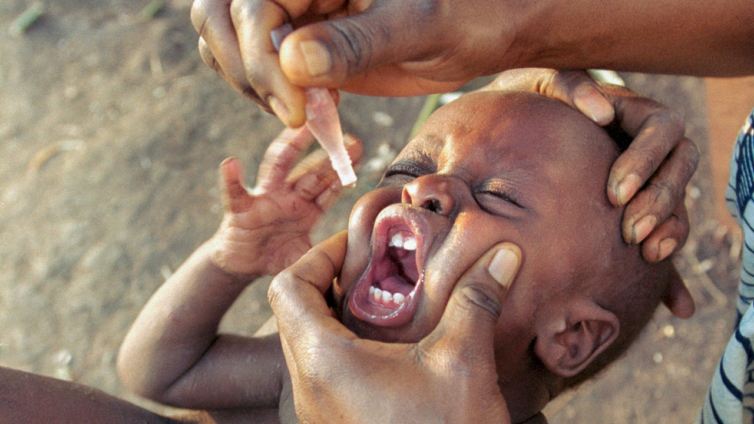The Ashanti Region has recorded eight polio cases in six districts, more than any region in the country since the beginning of this year.
The cases, all vaccine-derived polio virus Type Two represent more than 80 per cent of 12 cases recorded nationwide.
Though health authorities will not give details of affected districts, they say the situation calls for public support as it rolls out an ambiguous three-day immunisation programme targeting about 1.2 million children under five-years.
"The Ashanti Region recently recorded in six districts in what we call vaccine-derived poliovirus Type Two. And in accordance with established protocol, the region, together with other regions in the country would be embarking on massive polio immunization exercise," Deputy Regional Health Director in charge of Public Health, Dr Yaw Ofori Yeboah told the media in Kumasi.
The situation has prompted health authorities to roll out a three-day immunisation programme across the Region from September 10 to 13..

Deputy Regional Health Director in charge of Public Health, Dr. Yaw Ofori Yeboah asked parents to avail their children under 5-years for administration of safe vaccine in all 43-districts of the Ashanti region.
"The focus would be for children under the age of five-years. In Ashanti region, we would be targeting 1,184,860 children aged below five-years."
The affected districts are said to be areas noted for low immunization and insanitary conditions.
Dr. Ofori Yeboah admits the advent of Covid-19 which has affected routine health services in the region could be blamed for the situation.
He want all hands on deck to kick start the immunization exercise.
Meanwhile, the World Health Organisation says some polioviruses have been discovered in Greater Accra and Eastern region.
Immunization Officer, Fred Osei Sarpong revealed poliovirus were found in environmental sewage in those areas and speak of investigations into the virus.
"What we are also doing is aside from the fact that the virus can infect an individual and get that individual paralyzed; the virus is usually in the environment so, in order to satisfy ourselves that we don't have the virus with us, we do pick samples from environmental sewage, send to the lab and then we test."
Latest Stories
-
Budget support instruments must align with Ghana’s climate goals – IMANI
6 minutes -
Democratic control and oversight of intelligence in african states: Responsibilities of organs of the state, CSOs
9 minutes -
Ghana move one place up in latest FIFA ranking
13 minutes -
Gov’t owes Zoomlion a whooping GH₵1.2bn for unpaid waste management services – Minister reveals
16 minutes -
Cedi starts April 2025 on stable note; one dollar going for GH¢15.95
40 minutes -
Today’s Front pages : Thursday, April 3, 2025
48 minutes -
Soldier to ride from Accra to Kumasi to promote cyclists safety
54 minutes -
Jerry Yao Ameko secures 100% endorsement as Adaklu DCE
54 minutes -
Ghana remains “mostly unfree” in economic freedom: ACEYE’s IGIPTEP report offers solutions
54 minutes -
‘No suspended projects in Ghana’ – World Bank clarifies
54 minutes -
BoG policy rate hike of 28%, here is MPC Decision Statements
1 hour -
Trump’s tariffs are a longtime goal fulfilled – and his biggest gamble yet
2 hours -
Trump announces new tarrifs, Ghana hit by 10% import tax
2 hours -
Latif Iddrisu vrs IGP trial : Trial to continue today 8 years after life-threatening assault on the journalist
2 hours -
More money, less taxes, and smarter spending: Finance Minister breaks down new economic reforms
3 hours

